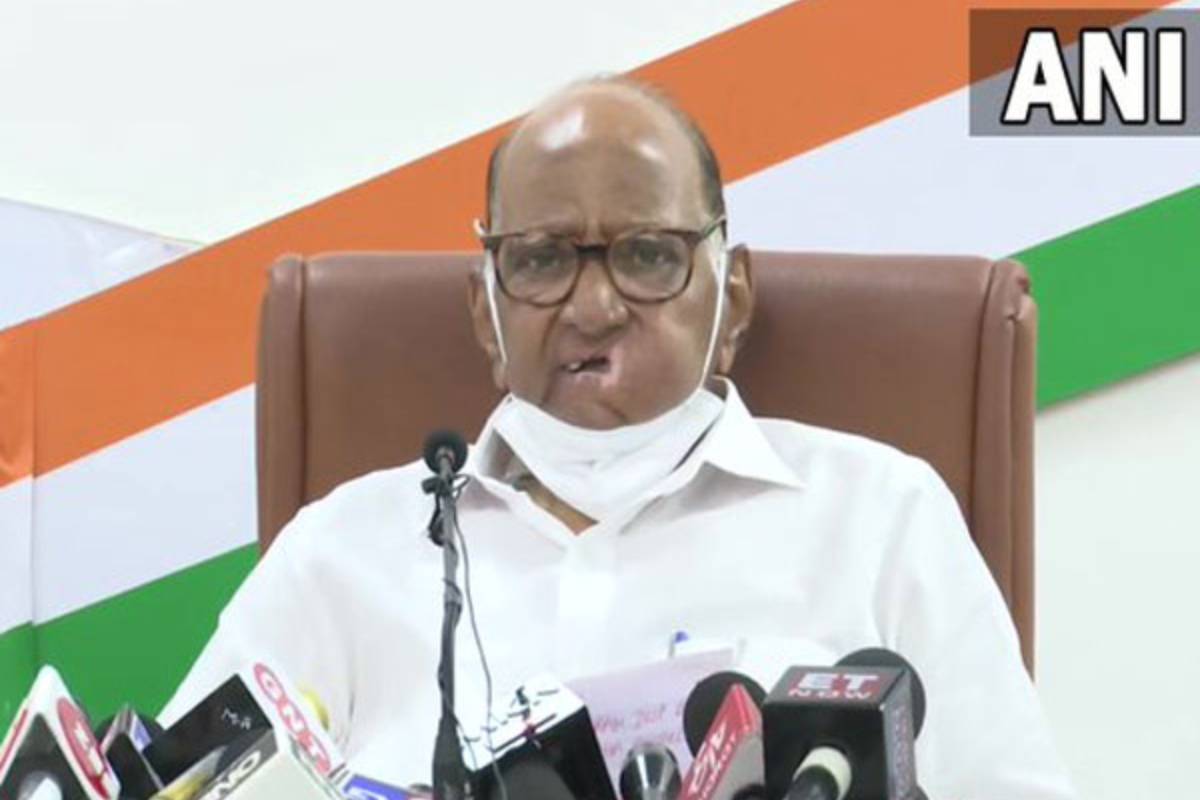Following the centre’s decision to include Marathi and four other languages as the “classical language” category on Thursday, NCP-SCP chief Sharad Pawar expressed his gratitude towards the Central Government and said that the decision would help the state for the promotion and development of Marathi.
Addressing a press conference on Friday, Pawar said it was very important for Marathi and the other four languages–Pali, Prakrit, Assamese and Bengali– to be given the status of elite languages and that politicians, officials from Marathi Sahitya Parisahad and other litterateurs were involved in raising their demand on this matter for a long time.
However, Pawar said that the decision was taken a little late but it was important that the decision was taken.
“According to the news we have received today, Marathi is one of the five languages that have been given the status of elite languages. This is very important for Marathi and other languages that have been given the status of elite languages. Everyone made efforts to get Marathi the status of an elite language. Politicians were also involved in this; people from Marathi Sahitya Parishad were also involved and other litterateurs were also raising this demand for a long time,” he said.
“This decision has been taken a little late but the important thing is that this decision has been taken and it will have many benefits for the promotion and development of Marathi. For this, I thank the central government,” Pawar added.
The Union Cabinet on Thursday approved to confer the status of classical language to Marathi, Pali, Prakrit, Assamese, and Bengali languages.
The Government of India decided to create a new category of languages as “classical languages” on October 12, 2004, declaring Tamil as a classical language.
The government also set a criterion for the status of classical language: the language must be of high antiquity in its early texts/recorded history over a thousand years, a body of ancient literature/texts that is considered a valuable heritage by generations of speakers, and the literary tradition must be original and not borrowed from another speech community.
A linguistic Experts Committee (LEC) was constituted by the Ministry of Culture under Sahitya Akademi in November 2004 to examine the proposed languages for the status of classical language. The criteria were revised in November 2005, and Sanskrit was declared a classical language.
The Government of India, has conferred status of classical languages to Tamil in 2004, Sanskrit in 2005, Telugu in 2008, Kannada in 2008, Malayalam in 2013, and Odia in 2014.





